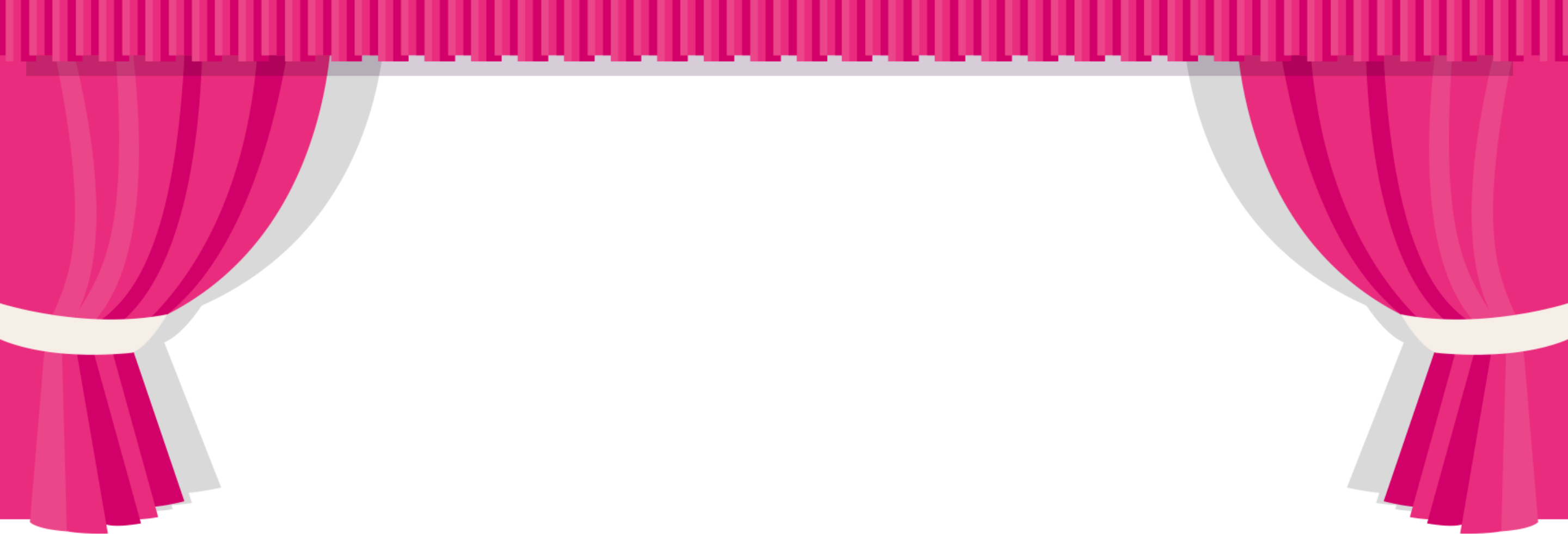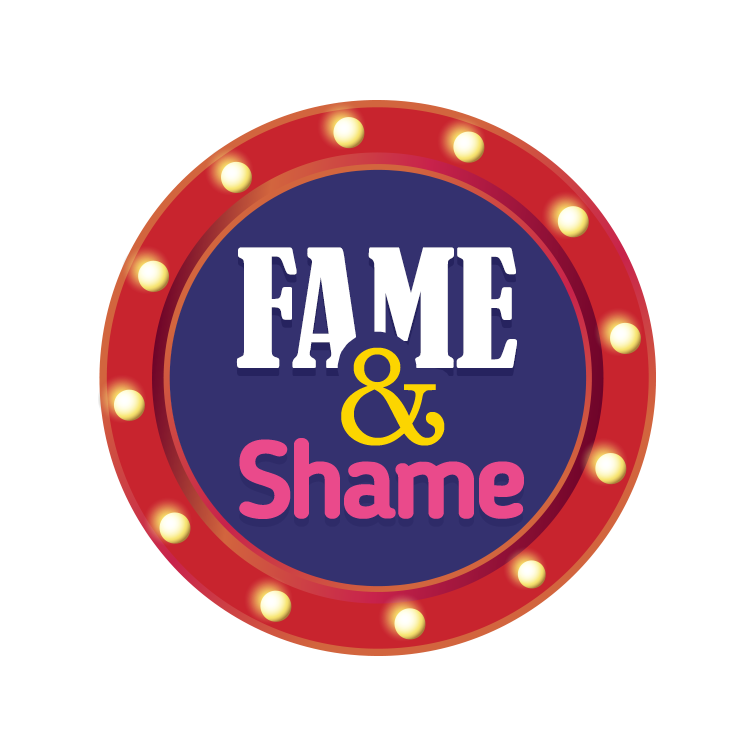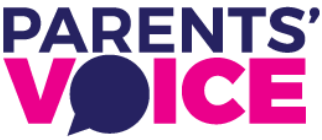

Hall of Shame
The Hall of Shame recognises previous recipients of the Shame Awards. Over the years, we have seen some cereal offenders in this category, most notably food industry giants, Kellogg’s and McDonald’s.
Pester Power
Foul Sport
Digital Ninja
Smoke & Mirrors
Bother Boards
Special Award
Pester Power
The Shame Award for Pester Power recognises the food marketing campaign that members hate the most for encouraging children to nag for unhealthy foods.
- 2020: McDonald Australia‘s ‘Family Time (Denise)’ ad for showing the lengths to which kids will go to pester their parents for a happy meal.
- 2019: Kellogg‘s Froot Loops’ for using their limited edition packaging to encourage kids to pester their parents.
- 2018: Coles for its ‘Little Shop’ collectables campaign which promoted mini version of discretionary products to children, including Nutella, Tim Tam and Oak chocolate milk.
- 2017: McDonald’s ‘winning’ ad features a kid favourite, minions, and a whole giant Family Box of unhealthy food.
- 2016: Coca Cola Australia for ‘Brotherly Love’, an ad drawing a connection between sibling connections and support and sugary drinks.
- 2015: McDonald’s Australia for the Minions Happy Meal commercial
- 2014: Nestle’s Wonka Golden Ticket promotion – this campaign exploited children’s affection for the Willy Wonka story and used the hook of finding one for five elusive golden tickets to encourage kids to pester for repeat purchases
- 2013: Coles and One Direction promotion – appealed directly to children, encouraging them to persuade parents to buy unhealthy products for a desired return.
- 2012: Kellog’s LCM Bar – ad that suggests a different LCM bar in a lunch box every day increases popularity at school
- 2011: Kellogg’s LCM 4D Choc – this latest reincarnation of the LCM bar targeting teenagers has the side effect of making this product appear ‘cool’ to younger children.
- 2010: Kellogg’s LCMs, for TV ads that convey to children than having an LCM bar their lunchbox will make them popular in the playground.
- 2009: McDonald’s Happy Meal ‘Box of Play’ TV ads which feature toys and animations to appeal to children, with only minimal attention to the actual food and drink contents.
- 2008: McDonald’s ‘Kung Fu Panda’ Happy Meal, for enticing children to want the Happy Meal using a much-loved movie, collectable toys and website promotion.
- 2007: McDonald’s Happy Meal, for the Spongebob Squarepants toy promotion.
- 2006: McDonald’s Happy Meal, for the Action Man and My Little Pony toy promotions.
- 2005: McDonald’s Happy Meal
Foul Sport
The Shame Award for Bad Sport was bought back in 2011 to highlight a company, team or athlete who uses sport to promote unhealthy food and drinks which could influence children.
- 2020: McDonald Australia‘s integrated AFL sponsorship program for bombarding kids with sponsorship material when they just want to watch their favourite sports team.
- 2019: McDonald Australia‘s ‘Maccas on your team’ campaign for creating ads featuring children chanting and dressed head to toe in McDonald’s branding.
- 2018: PepsiCo for its Gatorade ‘The Game is Never Over’ campaign which used sporting identities, including AFL star Scott Pendlebury, to promote Gatorade to children.
- 2017: Coca-Cola Australia for its Powerade ‘Powerscore’ campaign which used sporting identities, including rugby league star Billy Slater, to promote unhealthy products to Aussie kids.
- 2016: Coca-Cola Australia for its Powerade ‘Ion4 Olympians’ campaign. The Hydrating Our Olympians message that they use wrongfully suggested to children that consuming unhealthy products is consistent with a sporting career and healthy lifestyle.
- 2015: KFC Australia for Sponsorship of Big Bash League
- 2014: Coca Cola Amatil for their Powerade Sport Loyalty Program – which incentives clubs to purchase sugary drinks in return for sports equipment and merchandise.
- 2011: McDonald’s, who used iconic sporting legend Shane Warne to highlight its Chicken McBites. Using a sporting legend to market fast food creates an unwelcome connection between sport and unhealthy eating.
- 2009: McDonald’s and Australian Little Athletics state associations. All Little Athletics state associations are sponsored by McDonald’s. The partnership can include branded outfits, McDonald’s’ achievement awards, giveaways and special promotions.
Digital Ninja
The Digital Ninja Award is given to the brand which has used digital media in the most obvious way to target children, gaining their attention; driving active participation in the brand and encouraging pester power.
- 2020: Coca Cola‘s ‘Alexa, Let’s Share A Coke’ campaign for offering a free personalised bottle of coke to anyone who asks to share one with their home Alexa device.
- 2019: McDonald’s Australia for using social media videos to sell happy meals to children.
- 2018: McDonald’s Australia ‘Happy Land’ app, for using popular Snapchat-like features and animated “Happy” characters to target children and drive unhealthy participation in the brand.
- 2017: Kellogg’s for the use of augemented reality techniques to draw a connection between LCMS, sugar-laden cereals and Halloween
- 2016: Nestlè – Milo Champions Band: Activity Tracker and App
- 2015: McDonald’s Australia for the Happy Readers promotion
- 2014: Tie between Coca Cola Amatil’s Fanta Flavour Lad and McDonalds Emlings app – Fanta rewarding children with points for product purchases, the Emlings app targeted children ages 4-8 and under the guise of an educational game, used cute furry creatures
- 2013: KFC’s ‘Snack in the face’ app – featured a game where players win vouchers which can be redeemed for a range of KFC snacks or can be passed onto friends through social media
- 2012: Joint inaugural winners – Chupa Chups’ Lol a coaster and Hungry Jack’s ‘makes it better’ apps. Lola Coaster for it’s content of insidious forms of branding and addictive gaming format and Hungry Jack’s for its free junk food offers available via a simple shake of their phone.”
The Shame Award for Techno Hack is awarded for marketing to children using new media technologies such as interactive websites, online games, free downloads, SMS competitions and social networking sites.
- 2009: Maths Online, sponsored by McDonald’s. A free online mathematics tutorial program for high schools students. The site is promoted by McDonald’s through television and print advertisements and features their logo on the home page.
- 2008: McDonald’s Happy Meal website, for promoting the Happy Meal brand to children via an engaging website which includes games, downloads, crafts, a discovery area, ecards and toy promotions.
Smoke & Mirrors
The Shame Award for Smoke and Mirrors is awarded for the use of misleading claims on children’s foods that make an unhealthy product appear healthier than it is.
- 2020: Kellogg’s LCMs ‘Mum & Dad’s Sure-fire Lunchbox Hit’ ad for promoting the awesomeness of puffed rice but failing to mention LCMs’ low health star rating and large amount of sugar.
- 2019: Kellogg’s LCMs for failing to mention their products low health star ratings and high amount of sugar.
- 2018: Nestlè Milo for its ‘Add More Milk’ campaign which sells Milo as having the “right stuff”, but neglecting to to mention that it contains 9g of added sugar.
- 2017: Kellogg’s for their advertisement showing LCMs as a suitable daily lunchbox inclusion
- 2015: Coca-Cola Australia for Coke Life
- 2013: Nestle Milo for its ‘Official Drink of Play’ TV commercial featuring popular TV personality Shelly Craft. Parents felt that the advertisement positioned the product in a way that made it appear healthier than it actually is.
- 2011: Kellogg’s Nutri-Grain for continuing to promote the sugary cereal as a suitable breakfast option for boys who aspire to become elite athletes.
- 2010: Kellogg’s Nutri-Grain, for promoting the sugary cereal as a suitable breakfast cereal for boys who aspire to become elite athletes.
- 2009: Kellogg’s Nutri-Grain, for a TV and radio campaign claiming that the protein content of Nutri-Grain (as part of a balanced diet) “has what it takes to help build your son into an Iron Man” and “helps fuel growing boys.”
- 2008: Kellogg’s ‘Zebra Spots’ LCM snack bars TV ads, for promoting LCMs as being a surefire lunchbox hit with kids and implying that kids are disinterested in healthier lunchbox options, while failing to tell the whole truth about the product’s high sugar content.
- 2007: Kellogg’s Coco Pops Coco Rocks
- 2006: Nutricia Karicare Toddler Gold Formula
- 2005: Kellogg’s Coco Pops
Bother Boards
The Shame Award for Bother Boards recognises the food marketing campaign that has used billboards or pop-up stands, indoors and outdoors, to influence children.
- 2020KFC’s ‘$1 slushie & Bucket, Why Not?’ bus billboards for using low prices and rude slogans to appeal to teens and tweens on their way to and from school.
- 2019PepsiCo for their Spiderman and Doritos interactive billboards at Town Hall Station in Sydney.
- 2017Coca Cola ‘Coke Summer’ for their interactive panel displays with drink dispensing.
Special Award
The Shame Award for Ad-demic was awarded in 2020 to the brand which used the COVID-19 pandemic to market unhealthy food and drink to children.
- And the winner was…Krispy Kream Donuts’ ‘Multitasker’ social media ad for encouraging kids to snack of their products while gaming at home during the COVID-19 pandemic.
Shame Award for the School Food Bully was awarded in 2008 for infiltrating the school environment with unhealthy options such as fundraising activities and sponsorship of school events.
- And the winner was…Krispy Kream Donuts school fundraising.
